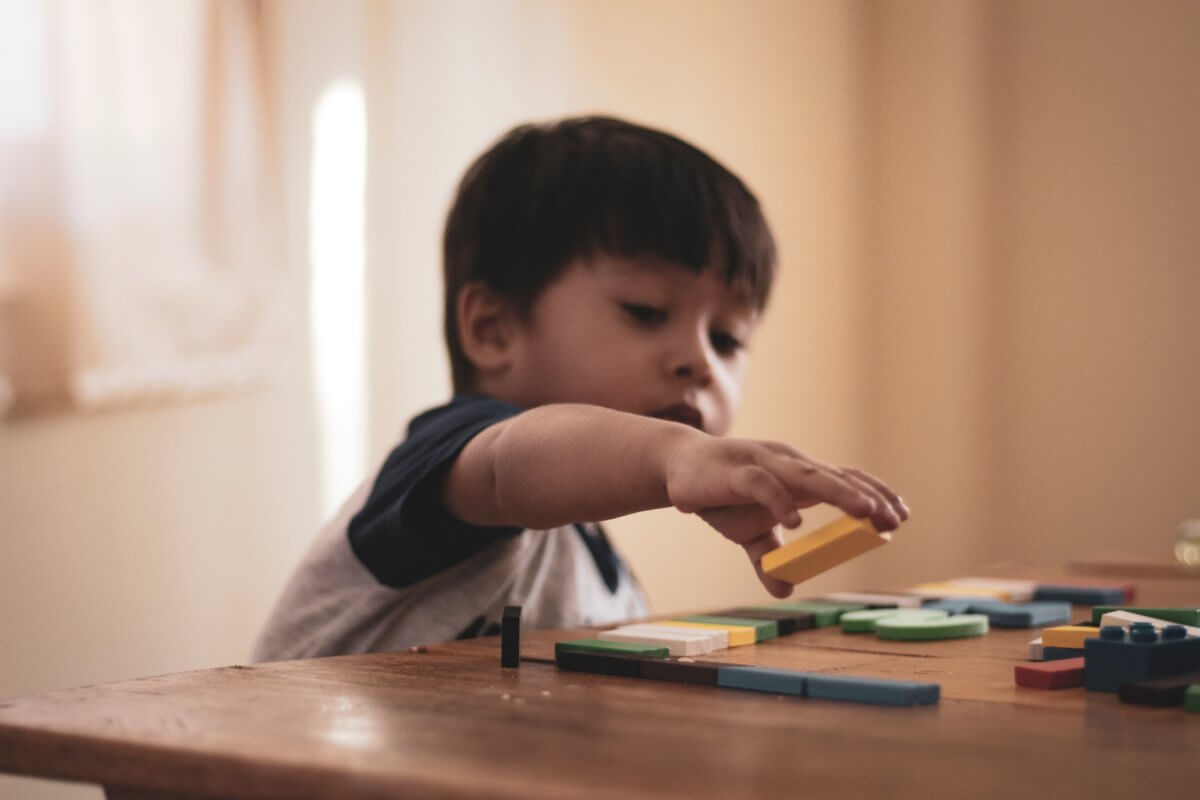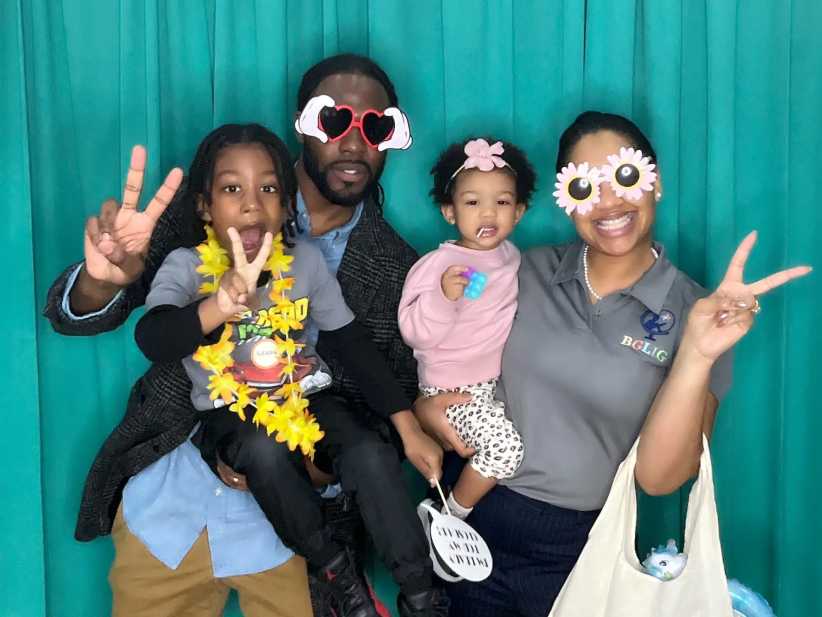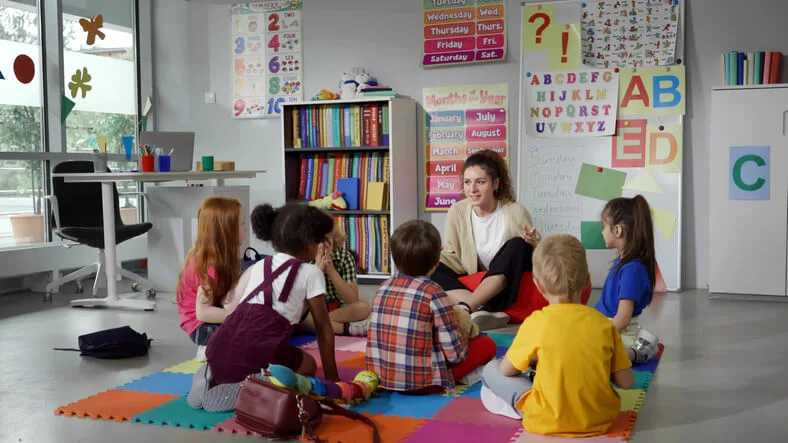
In an ideal world, your child would love all aspects of school, where they can develop a zest for learning and excel both academically and socially. Yet, if you notice your child is struggling to keep up, loses focus in class, or expresses a hatred for school, there may be something deeper going on. In some instances, it can be helpful to have an evaluation done on your child and possibly seek an
IEP (Individualized Education Program).
How Do I Know if My Child is Struggling in School?
Sometimes it can be hard to differentiate between normal academic challenges and real struggles in school. Your child may not vocalize their challenges so it’s important to keep tabs on them and look for patterns that may suggest a deeper issue. Keep an eye out for some of these patterns:
- Your child takes a tremendous amount of time to complete homework. While homework policies tend to vary from school to school, the general guideline is ten minutes per grade for night. For instance, your first grader should spend ten minutes on homework per night, your second grader should take twenty minutes, and so on. If you notice your first grader is taking over an hour to complete her homework, that may suggest a problem.
- Listen to your child’s teacher, as he or she spends a significant amount of time engaging with your child and observing their performance. If the teacher indicates that your child is struggling with an academic skill or set of skills, or your child receives poor grades, you may want to consider exploring these potential challenges with an evaluation.
- Your child, who was previously well-behaved in school, begins to misbehave. This may be a coping mechanism to divert attention away from the learning challenges. Rather than vocalizing any issues, they may misbehave instead.
- Your child may have trouble sleeping at night, complain of stomach aches, or lose his appetite as a result of struggles in school that they may not be articulating. He may also suddenly begin to say they hate school or is miserable in class. Any of these actions may be masking a deeper issue.
Pay attention to your child and look for these signs and patterns. If they become more profound, you may want to consider an evaluation for your child and subsequently, an IEP.
What Happens Next?
You as the parent must give permission to have an evaluation done of your child, which is typically completed by a school psychologist who determines, based on the evaluation, if your child is eligible for special education services. If so, an IEP meeting is held and an IEP document is created.
What is an IEP?
An IEP is a document that defines the educational program for a special education student and details all of the related services that a child should receive.
Once an evaluation is complete, you as the parent will take part in an IEP team meeting, which typically includes the parent, special education teacher, general education teacher, school psychologist, specialists such as occupational therapists and/or speech-language therapists, and others involved in creating the plan. Services that your child needs will be discussed and mapped out in the IEP, including but not limited to speech-language therapy, occupational therapy, physical therapy, Special Education Teacher Support Services (SETSS), and so on.
IEP meetings will take place every year to assess your child’s progress and to create a new IEP for the following year. Re-evaluations are done every three years to assess whether or not your child is in need of continued special education services.
If you notice that your child is struggling, don’t wait; there are many services and resources that are available to help your child feel confident and successful socially, emotionally, and academically.




























